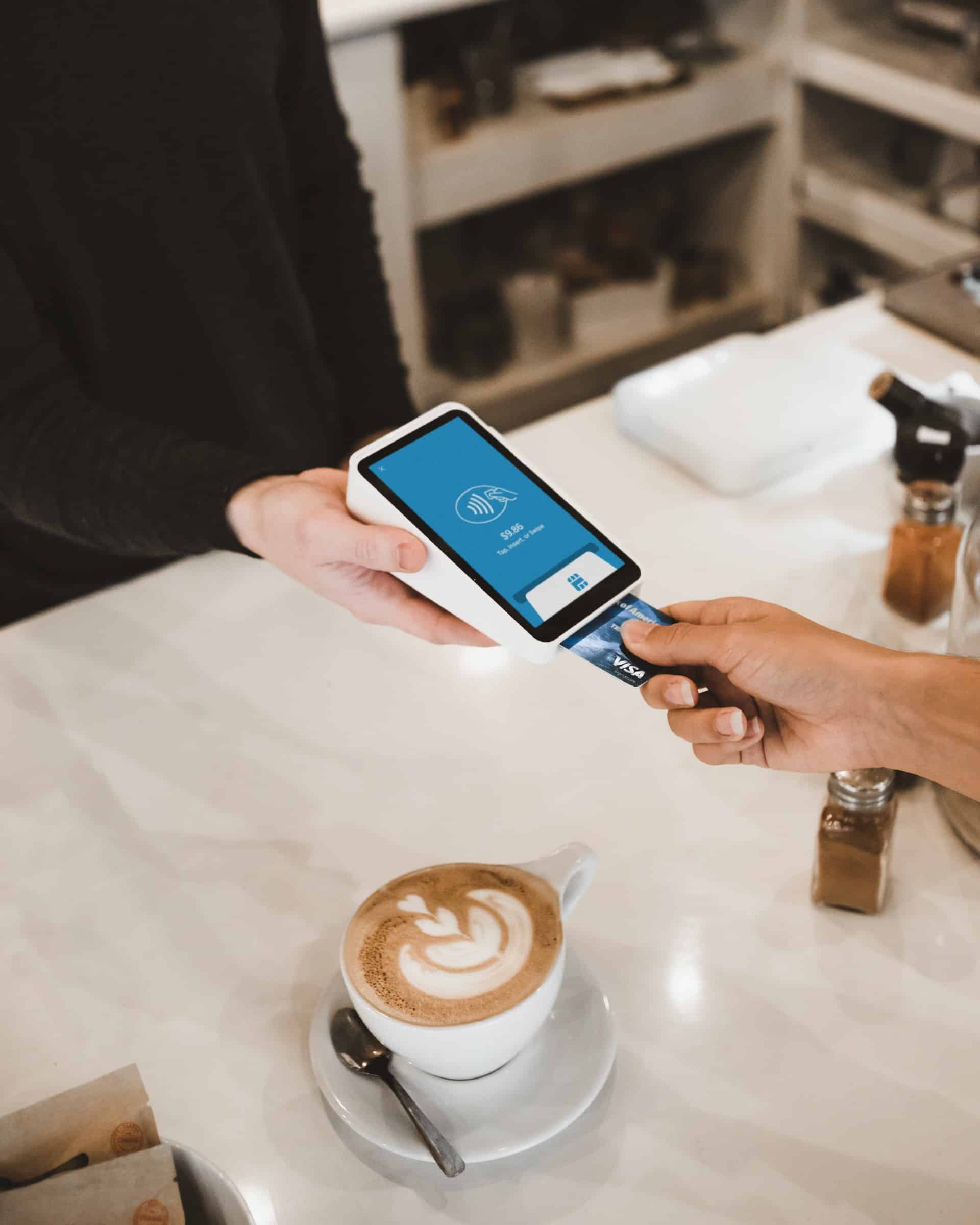Are you wondering how to get a banking license? The financial and banking sector combines novel technology and business models to boost client interaction and modernize procedures. This allows for Neobank expansion, which will greatly influence the overall industry. Neobanks offer services that are only available through the desktop or mobile applications.
Virtual banks eliminate the need for physical branches and paper-based procedures, allowing businesses to minimize costs and improve efficiency while offering private customers fewer rates and a better user experience.
In addition, when compared to traditional banks, legacy compliance challenges are less stringent for virtual banks. On the other hand, institutions must first get a banking license before entering the market.
Surf software professionals have discussed how to get a banking license to establish an online bank in this post. But first, let’s look at some Neobank data that show a trend toward digitalization.
IMAGE: UNSPLASH
Growth Of The Neobanking Market In 2021 And Beyond
According to Grand View Research, the global neobanking industry is expected to increase from $47.1 billion in 2021 to $722.6 billion in 2028, with a compound annual growth rate (CAGR) of 47.7% during that time.
Several factors contribute to this growth, including growing fintech mobile applications, lower loan rates, and more favorable government policies. Customers save time and money by not going from their house to a bank branch to do various transactions.
Furthermore, according to Grand View Research, Europe will dominate the market in 2020, accounting for more than 30% worldwide sales. This region is characterized by extensive, cutting-edge technology and cooperation amongst fintech businesses to improve their positions.
The adoption of the European Payment Services Directive also explains this exponential increase (PSD 1). PSD 1, which went into effect in December 2009, paved the way for establishing new financial institutions that would become pioneers in the delivery of digital-only services.
In the world of fintech, the United States is yet another leader. According to Insider Intelligence, there will be 23.1 million Neobank account holders in 2021, which is one of the highest rates in the world. Analysts forecast that by 2024, this number will have risen to 47.5 million, representing a 19.8% CAGR.
As the need for digital banks proliferates, the creation of these institutions presents excellent investment prospects. Let’s look at what a financial license is and the many banking licenses available.
What Is The Definition Of A Banking License?
A banking license is a legal document that financial institutions must get to perform banking services. Local banking authorities such as central banks or financial market supervisors, known as National Competent Authorities, typically grant licenses (NCAs). The FCA in the United Kingdom, the ACPR in France, and the BaFin in Germany are all examples of NCAs.
It is critical to learn what standards must be satisfied while determining how to obtain a banking license. Shareholder residency, a minimum number of directors, and other factors may be included in these regulations. Obtaining one might be complicated and time-consuming, depending on the license type.
The Most Common Banking Licenses For Launching A Neobank
A Banking License In Its Entirety
A complete banking license permits financial institutions to provide general banking services, such as receiving deposits and making loans. While this license allows for a greater range of activities, it is more restricted than others. Regulatory entities, such as central banks, frequently give this license.
These authorities can be national banking regulators, such as the Hong Kong Monetary Authority (HKMA), or supranational regulators, such as the Federal Reserve (the Fed) in the United States or the European Central Bank (ECB) in Europe, depending on the geographical location of the neobank’s incorporation. It’s vital to keep in mind while developing a Neobank that the application procedure for a digital bank license might take more than a year.
In terms of real-world examples, when Starling and Monzo launched their Neobanks in the UK, they applied to the FCA for a full banking license.
A Fintech License
The number of financial technology businesses has risen dramatically, prompting governments to issue fintech licenses (alternatively referred to as a virtual or digital banking license).
It’s a simplified form of a complete banking license that allows businesses to offer products and services without building physical locations. Compliance duties are often less stringent in this instance. According to real-life cases, famous Neobanks like N26 and Monzo employ a fintech license.
Regulatory bodies throughout the globe issue this license. For example, a European money license (EMI), also known as an e-wallet or electronic money institution license, can be obtained to create a Neobank in Europe.
After acquiring an EMI, a corporation can use client digital wallets or accounts to conduct card transactions and wire transfers. With an EMI, Neobanks may provide the same range of services as full-fledged banks, including online payments, deposit acceptance, and credit provision.
The cost of obtaining an EMI varies depending on the country. The application fee for this digital bank license is £5,000 in the United Kingdom, €1.850 in the Czech Republic, and €11.900 in Germany for startups.
Fintech licenses are also being promoted in other nations and areas. For example, Bank Negara Malaysia created the first round of online banking licenses this year, with an application deadline of 30 June 2021. As a result of these licenses, a slew of Neobanks has sprung up in Singapore and Hong Kong.
A Model Of A Payment Service Provider Agent
Financial technology firms and organizations do not need to apply for a banking license and wait 15 months to create a Neobank. Fintech firms might instead follow the payment service provider agent model.
They can approach agents to offer digital payment services under their control after being approved by NCAs. This makes launching a virtual bank faster and easier, as it eliminates the need to go through the complex and time-consuming procedure of obtaining a license.
An enterprise can use a Banking-as-a-Service (BaaS) firm that provides regulated financial services for this purpose. BIN Sponsorship is a fantastic example of how it may help with operations like lending, account administration, and card payments (Visa, Mastercard, and others).
A French BIN Sponsor, for example, can oversee card schemes throughout the EU. Kard, a Neobank for teens, implements card management initiatives via BIN sponsorship in real-world examples. Kard, founded in 2018, has already received €6 million in two stages.
Many online banks use white-label solutions such as payment cards and electronic wallets. Third parties, on the other hand, typically demand fees for initial setup, monthly/annual subscriptions, and other services, which might be prohibitively expensive, especially over time.
As a result, while selecting a vendor, paying close attention to terms and agreements is critical to choosing the most acceptable alternative. Nonetheless, this strategy enables fintech businesses to reduce time to market, recruit customers, and test different methods before asking for a banking license.
Summing It Up
When considering how to get a banking license, you must first analyze the possibilities available in your nation and the standards that must be met. To make the best decision, you must first determine the business-specific demands you want to address, such as the extent of digital services you want to provide, a geographical location, the time it takes to issue a license, and other variables.
Additionally, you should explore partnering with third-party companies that provide licensed financial services and launching a Neobank while simultaneously seeking a banking license. You will be able to test the ground, scale a firm, and create income as you wait for it.


COMMENTS